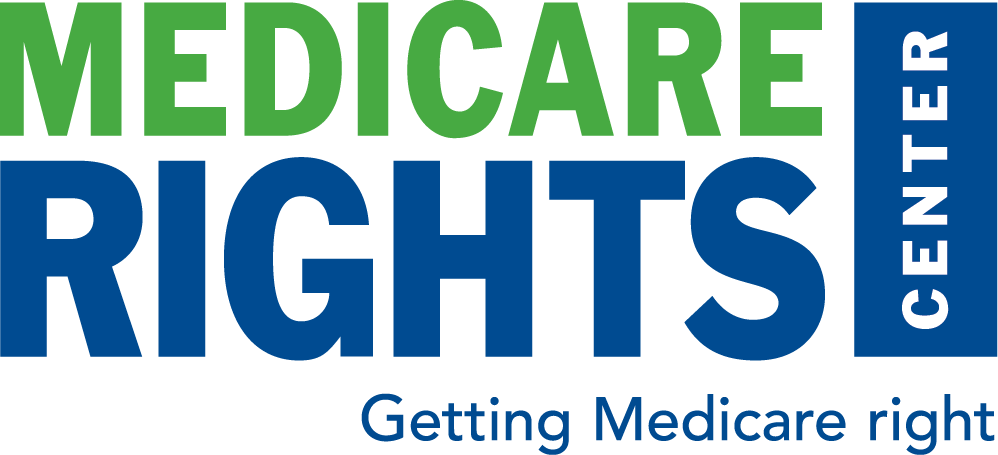
This week, House Republicans unveiled a 2019 budget proposal that would balance the federal budget in nine years—largely by significantly cutting and fundamentally restructuring Medicare and Medicaid.
This approach is not unexpected. Lawmakers were clear that after passing a costly tax bill that drives up deficits, they would use these higher deficits to justify cuts to programs like Medicare.
In the House budget resolution, they are keeping that promise: the budget would end Medicare and Medicaid as we know them.
In addition to cutting $537 billion from the Medicare program over 10 years, the House plan would transform Medicare into a ‘premium support system,’ in which Medicare’s guaranteed, earned benefit package would be replaced with a fixed-dollar amount (or voucher) that beneficiaries would use to purchase health insurance. This shift would put the 59 million older adults and people with disabilities who rely on Medicare’s promise of affordable, comprehensive health care at risk of higher costs, fewer coverage options, and greater uncertainty.
The House plan would also jeopardize eligibility and benefits for the 74 million Americans with Medicaid—including nearly 12 million low-income Medicare beneficiaries who also rely on Medicaid for critical health care services. The budget would end their guaranteed coverage by transforming Medicaid’s open-ended financing system into a per-capita cap or block grant, severing the federal-state partnership on which the program was built, shifting costs and risks to states and, ultimately, to people who need and provide services. The budget’s changes would cut Medicaid and other health programs by $1.5 trillion over the next decade.
The budget also lays the groundwork for lawmakers to try once again to repeal the Affordable Care Act through the fast-tracked, filibuster-proof reconciliation process, and recommends changes to Medicare Part D that would increase out-of-pocket costs for some beneficiaries. It also proposes adding work requirements in Medicaid and SNAP, and would cut Social Security by $4 billion.
Since this is an election year, the plan is not expected to get much traction. The House may vote on the plan next week, but its adoption is not guaranteed. The Senate is unlikely to advance a budget resolution or take up the House version prior to the November elections. However, the budget process could be used by lame-duck lawmakers to push through priority, party-line items later this year.
Despite its uncertain fate, this budget resolution nevertheless serves an important role by outlining Republican House leaders’ fiscal priorities and goals for future legislative action. It is incredibly troubling, then, that the budget seeks deep cuts to programs critical to the health and economic security of older adults and people with disabilities—including Medicare, Medicaid, and the Affordable Care Act. We urge lawmakers to reject this flawed approach and to instead pursue policies that prioritize the health and well-being of all Americans.
The Latest
Most Read
Add Medicare to Your Inbox
Sign up to receive Medicare news, policy developments, and other useful updates from the Medicare Rights.









